Guiding Christians Through Islam

David Pinault’s new book provides a readable and scholarly comparison of Islam and Christianity. It is the fundamental question raised by Jesus himself (“But who do you say that I am?”) that divides Muslims and Christians. This candid book shows how we might improve interfaith dialogue by not shying away from difficult issues.
Hannah Arendt, the Covington High School Students, and Charity in our Political Culture
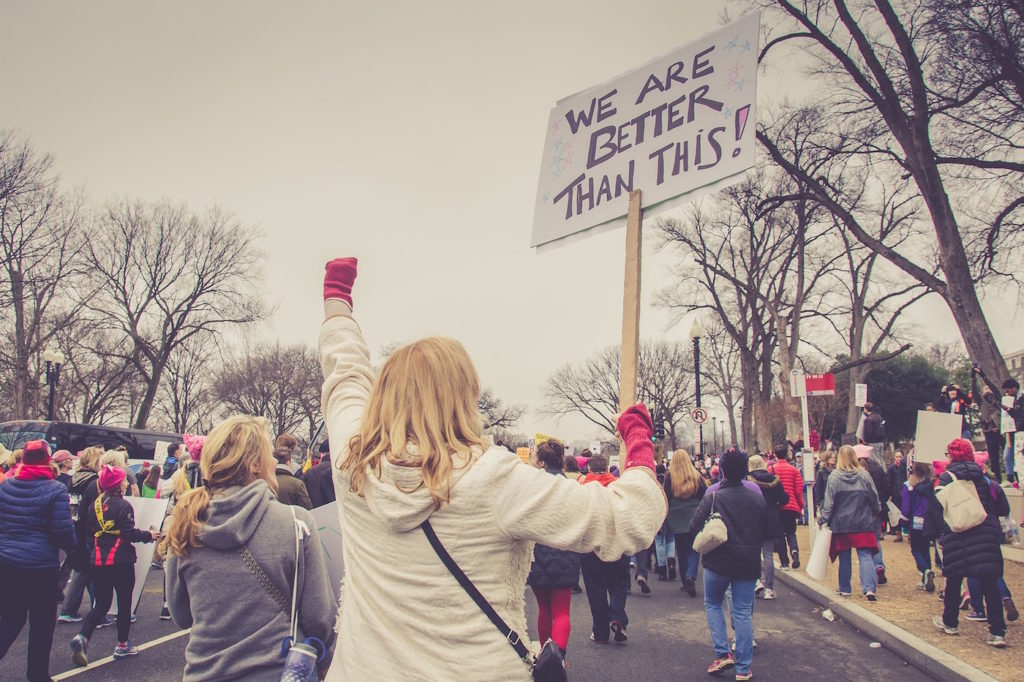
In politics, charity requires that we not assume the worst of those we disagree with politically, at least not without substantial proof. Charity is not some fuzzy feeling; it is the principle that motivates people to seek all of the facts about a situation prior to judgment.
Media Bias, “Fake News,” and the Reporting of Hate

Most journalists strive for objectivity, but some bias is inevitable. New research indicates that media personnel are most likely to attribute crimes to hate when the victims are sexual minorities and least likely to do so when the victims are Christians.
Why Talk About “Structures of Sin”?

We simply cannot ignore theology when looking at social problems. For Christians, the notion of sinful structures is based on the difficult but ultimately liberating admission that the existing social positions we occupy are often not in conformity with the order of God.
Rejecting Toxic Masculinity Isn’t an Attack on Men

When we don’t teach young men how to be good men, that doesn’t erase their desire to prove themselves to their peers. It just leaves a vacuum in which “boys will be boys” style “locker room talk” and objectification of women can easily masquerade as manhood.
Sex Matters: Mona Charen’s Takedown of Contemporary Feminism
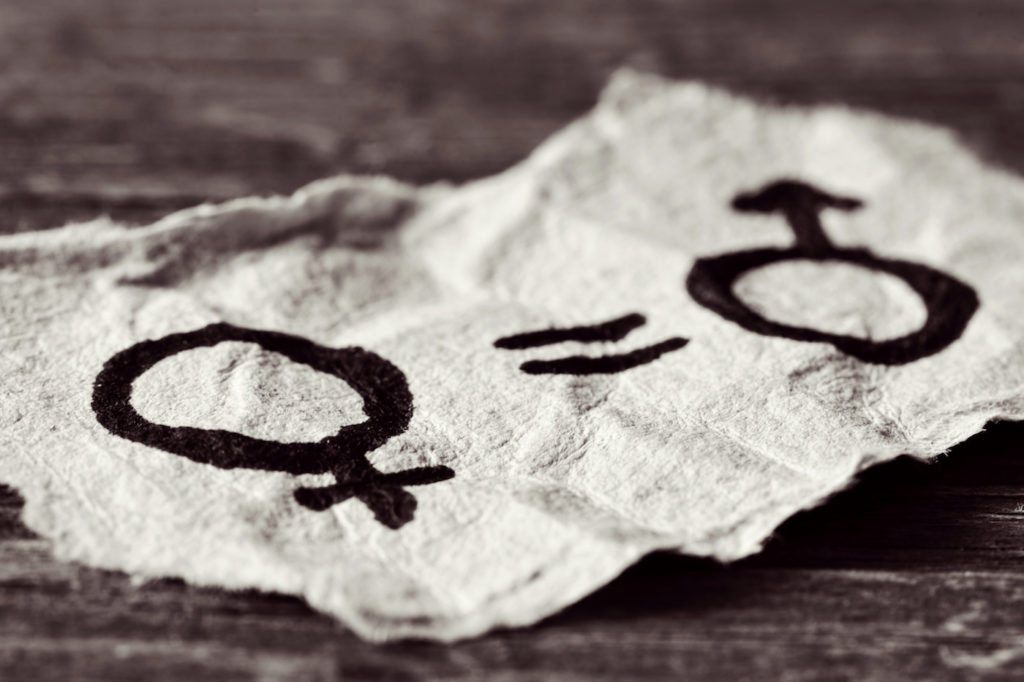
Mona Charen’s new book traces the history of the feminist movement, identifying when and how it went off the rails. According to Charen, contemporary feminists’ most serious problem is that nearly all of them have forgotten that “equal” does not have to mean “the same.”
An Interview with James McPherson: Thirty Years After the Publication of Battle Cry of Freedom
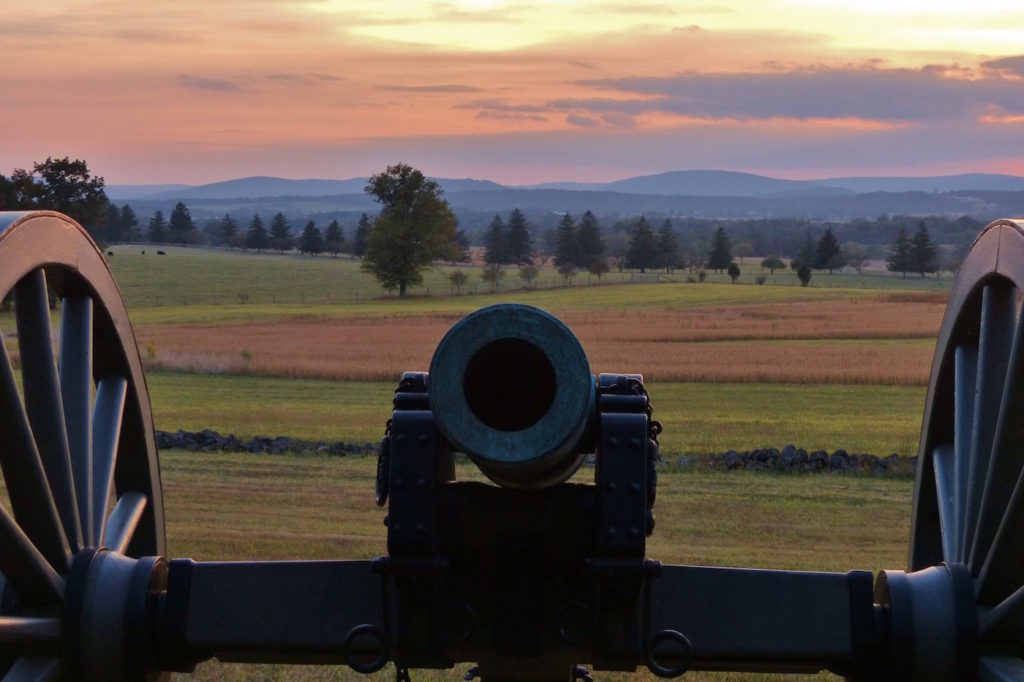
You do not need a license to practice history. Instead, all you need to do is work hard, do research, go to the sources, make the past meaningful, and write in a way that attracts readers.
Do Women Regret Giving Birth When the Baby is Doomed to Die?

Researchers find an absence of regret in 97.5 percent of participants who continue a pregnancy in which the baby is “doomed to die.” With emphatic certainty, women report enhanced relationship with the baby, with themselves, and with family despite giving birth after lethal fetal diagnosis. Abortion does not have similar results.
Rémi Brague’s Bleak but Brilliant Analysis of the Modern Project

According to Rémi Brague, the dialectic of modernity results in a paradox. Man is both the conquering lord of nature and a part of nature to be controlled. His well-being is the purpose of the modern project, which simultaneously places his distinct dignity in doubt.
Yoram Hazony, “Conservative Democracy,” and the Classical Tradition of Reason and Liberty
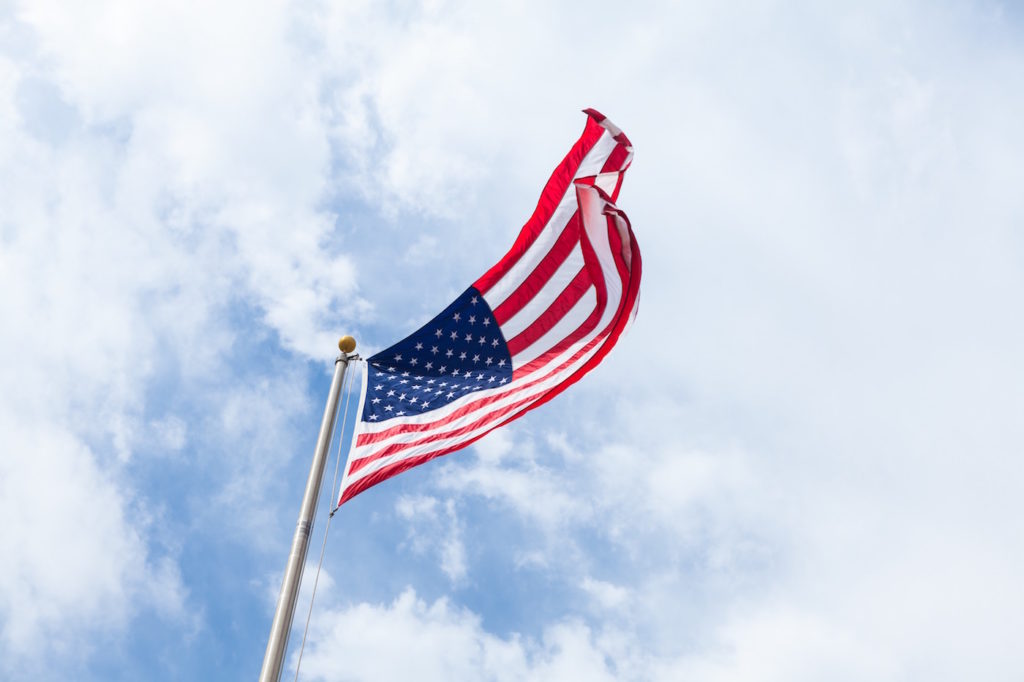
If we are to correct the wayward course of contemporary democratic societies, we must preserve what is true and good and mitigate what is false and harmful in both liberalism and nationalism. We would do well to embrace core principles of the Anglo-American constitutional tradition—principles grounded in and sustained by the virtue of prudence.
It’s Time to Put #ThemBeforeUs: The Global Movement for Children’s Rights

A new nonprofit, Them Before Us, aims to defend children’s rights in the family. We use story to highlight the true victims, and we critique all practices and policies that prioritize adult desires above children’s rights.
Humanitarianism: The Idol of Our Age

Humanitarianism has become the implicit faith of our time. In his new book, Daniel Mahoney offers a sharp indictment of its fatal flaws: its denial of transcendence, its inability to confront the reality of evil, and its refusal to acknowledge that human beings’ attachment to the particular is precisely what enables them to access and understand the objective moral order.
Unique from Day One: Pro-Life Is Pro-Science

The main dividing line between pro-life and pro-choice is not which side cares more about women, families, and their basic freedoms. It’s how each group applies the scientific facts to determine what constitutes women’s rights.
The Many Harms of Gender Identity Laws: A Mother of a Trans-Identifying Teen Speaks Out
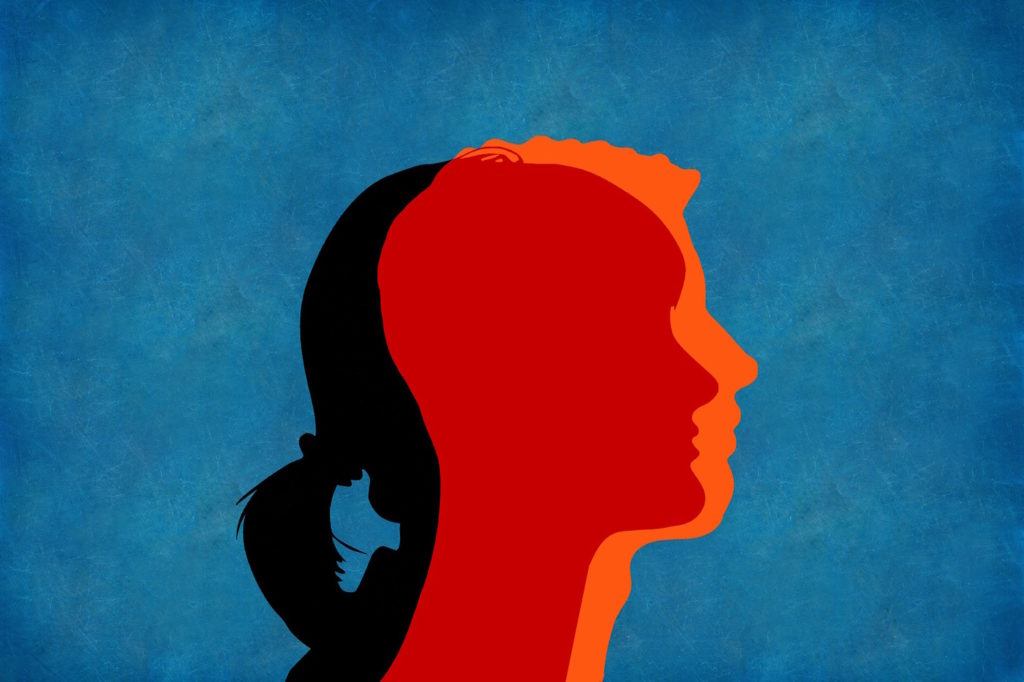
All people should be protected from harassment and harm, no matter how they identify. But we as a society must be allowed to reasonably act on the basis of sex when medical treatment, privacy, and safety are at stake. If “gender identity” becomes a protected class, women and children are the ones who will suffer most.
Thomas More on the Virtues and Vices of Property

Thomas More’s Utopia suggests that a defense of property emphasizing material productivity, though valid, is inadequate. By probing classical reasons for and against private property, More goes deeper, addressing the objective needs of the human soul.
Bad (Though Not Entirely Bad) Pro-Life Arguments

Good intentions are not enough. Pro-lifers need good arguments too. We should avoid the temptation to make these popular, emotionally compelling, but badly reasoned arguments against abortion.
The Soul-Saving Grace of Christian Detachment

If our pursuit of simplicity is not informed by the concept of Christian charity, focusing on mere minimalism will come up short. Too often, we cling to our “stuff” out of a desire for security. This failure to trust in God’s providence results in attachment to our earthly possessions that distracts us from more valuable eternal things: our faith and our duty to love and care for others.
Remembering Fr. Richard John Neuhaus

Fr. Richard John Neuhaus got to the central question facing us: Is it true that postmodern liberal societies are incapable of sustaining the religious values without which they could not have been born, and without which they cannot long function? Neuhaus was unwilling to surrender to that proposition. Neither should we be.
The Virtues of Judicial Self-Restraint
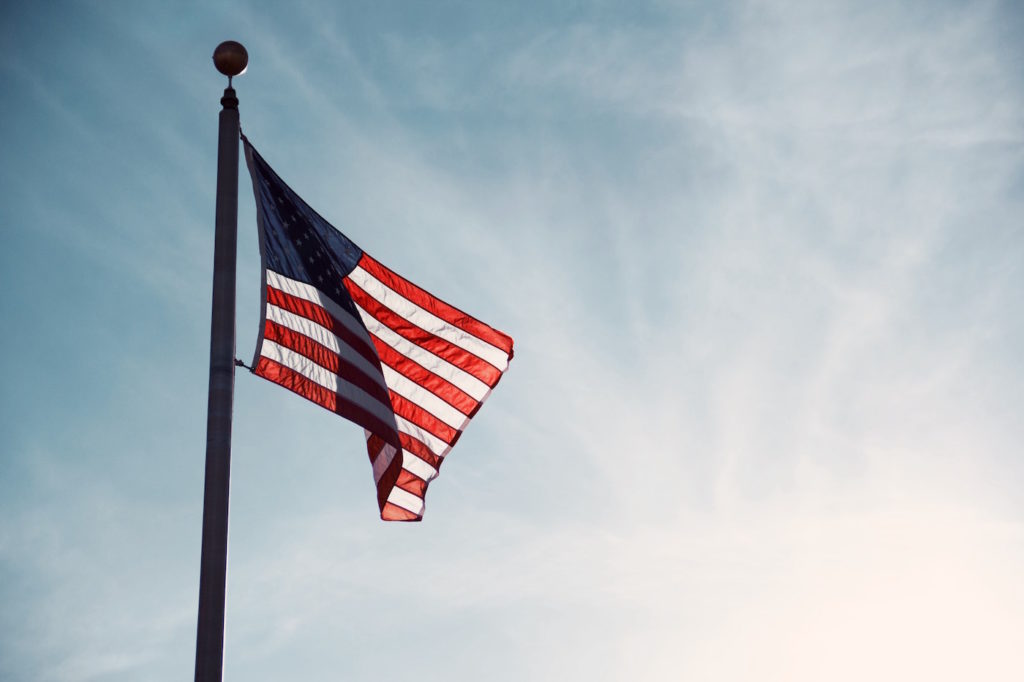
To faithfully apply the original public meaning of liberty protected by the Constitution—that is to say, to be a faithful originalist—one must acknowledge that both a contractarian view of individual liberty and a Whig view of the liberty to make laws were held by the founding generation.
The Problem Isn’t Technological: Rebuilding Women’s Reproductive Health
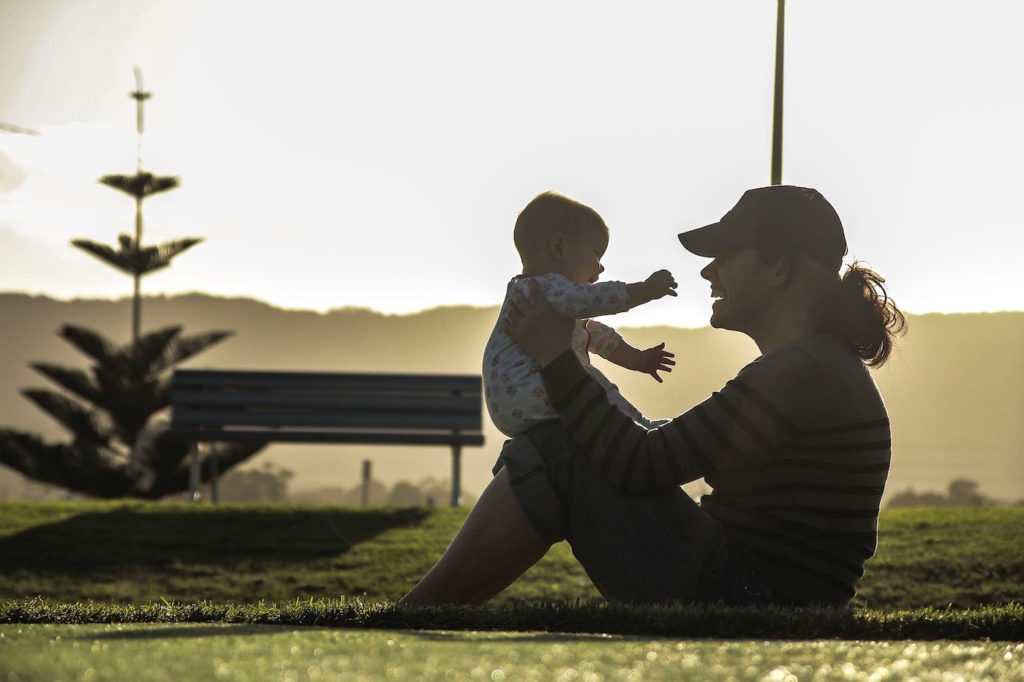
We have the scientific data we need to understand the relationship that a woman’s ovulation has to her overall health, and that healthy ovulatory patterns are a prerequisite to being fertile. We also have the data to teach women to observe their biomarkers, to check whether they ovulate in any given cycle, and to teach doctors to diagnose and treat the underlying abnormalities these observations reveal. So why don’t we?
Abortion: The Original Sin of the United Nations’ Human Rights Project

Indifference to human life in the prenatal phase is the original sin of the multilateral system, enshrined in its constituent agreements and diligently propagated throughout its institutions. Nothing short of a revolution in international policy will do if the human rights project is to be truly reclaimed.
Rewilding Civil Society
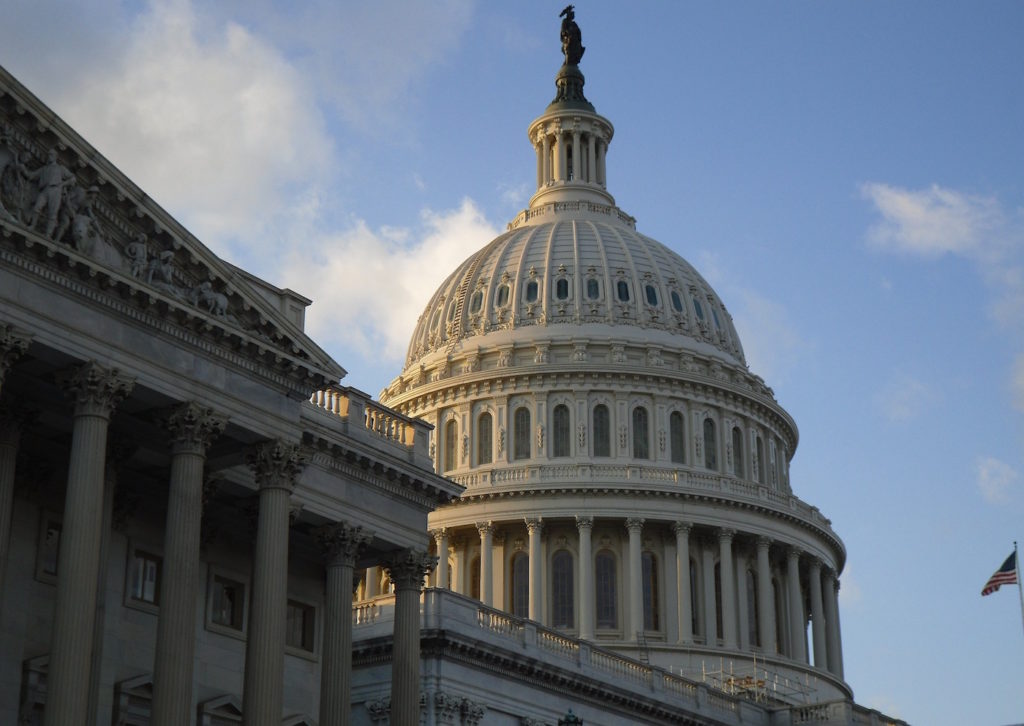
In conservation biology, a complex ecosystem whose health was slowly compromised over time can be revivified through a cascade of positive changes set in motion by reintroducing one of that system’s previous components. That’s exactly what today’s civil society needs, and conservative policymakers can help. We mustn’t shy away from using policy to achieve important ends—not just freedom, but the lessons, beliefs, and norms that make a free society succeed.
Protecting Sex From Liberalism

Our culture increasingly treats human bodies, sex, reproduction, and family structures as malleable to a radical degree. We need to recognize that the human body was chosen by God, in whose image and likeness we are made.
The Real Lesson of the Dust Bowl: Communities as Bulwarks Against Atomism and Statism

The alternative to the ideology of radical self-sufficiency is not reliance on the state, but the kind of community-based brotherly love and mutual aid that could be found even during midwestern American farmers’ darkest days. In the end, neither individuals nor governments, but communities, are the real vehicles for peace, harmony, and human flourishing.




